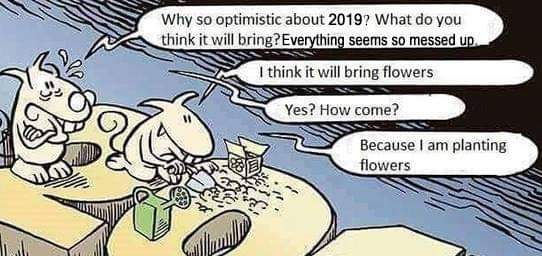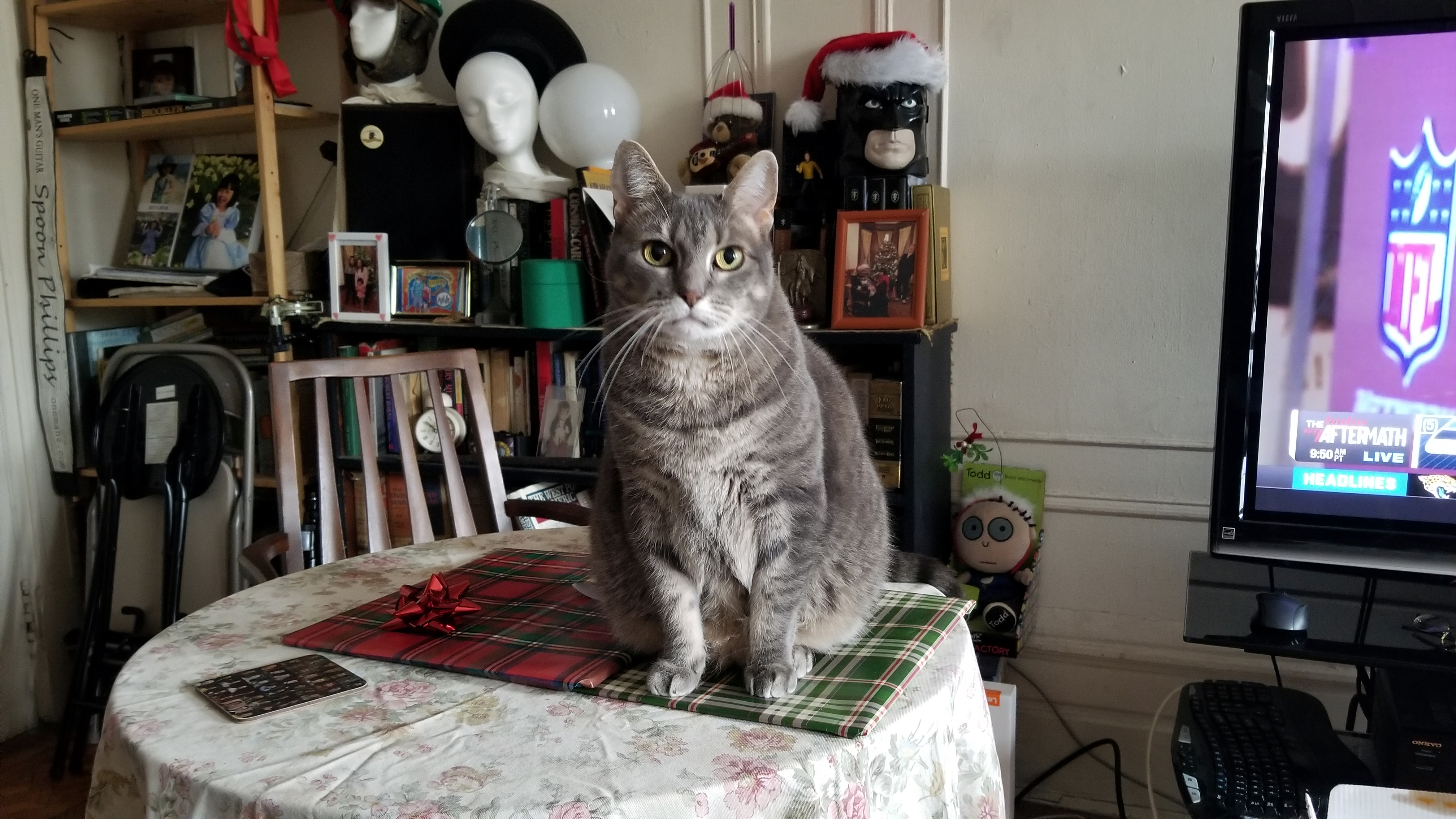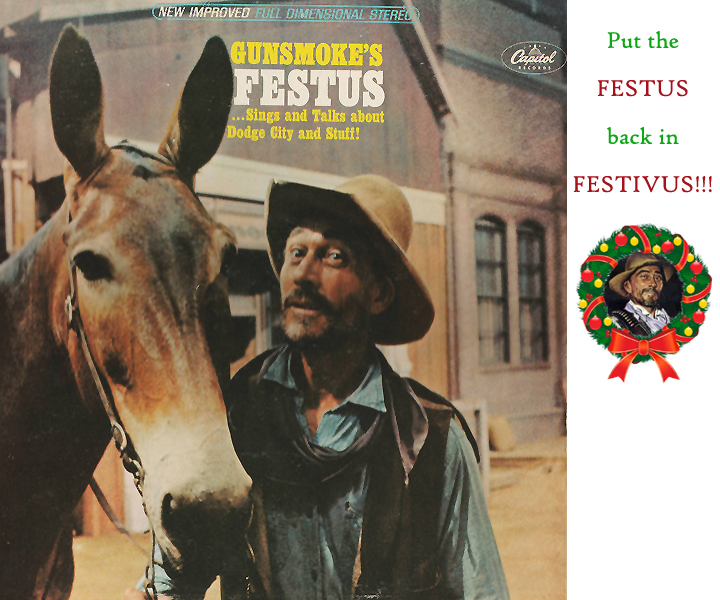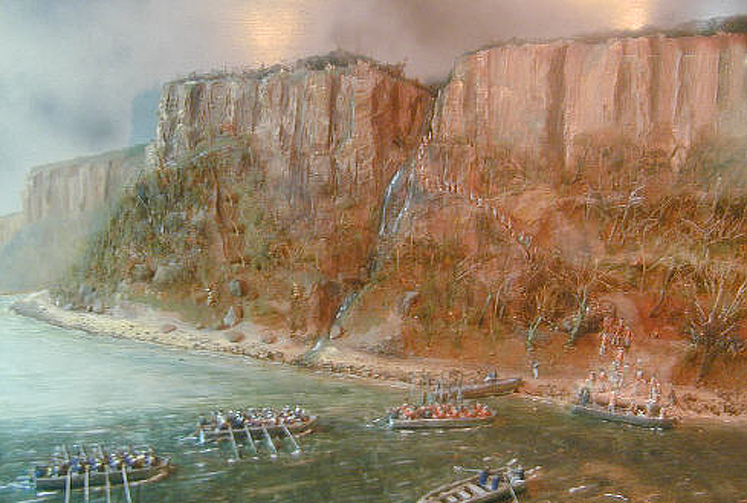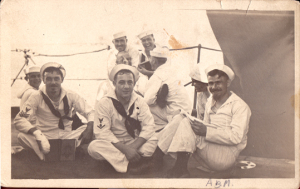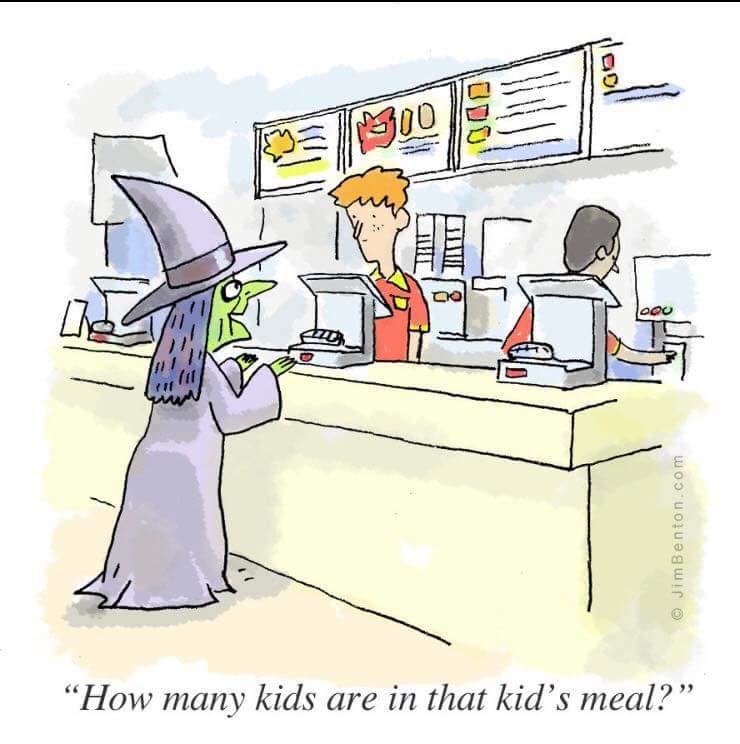Blog
R.I.P Sister Wendy Beckett
The art historian, Catholic nun was 88
Every time she opened her mouth, Sister Wendy Beckett made me happy.
Like Thomas Becket centuries before, Sister Wendy Beckett devoted her life to the Church of Rome. But she also gave the gift of art appreciation to millions who watched her on television in the 1990s, first in a series called Odyssey, and later in the History of Painting.
I would often stumble upon her programs while channel surfing, but I was always glad I stuck around to see what she happened to be discussing at that particular moment.
Do yourself a favor and start watching this first episode from the History of Painting (1996.)
I never knew much about her other than her TV programs. Like for instance, she lived in a camping trailer, what in England is called a caravan, on the grounds of a monastery in Norfolk.
For those interested in learning more, here is the BBC’s official obituary
Winter Solstice – birth and rebirth
Io, Saturnalia!
Annum novem faustem felicem vobis!!
The Winter Solstice begins at 5:23PM, Brooklyn, New York time.
At the death and reincarnation of the natural year, I am happy to announce a return to regularly scheduled blogging!
I have been undergoing a couple of years of troubling issues that impacted my ability to spend much time writing and typing, and playing the guitar – the three things I can do well enough to earn some sort of living.
At the moment some of the various therapies I have undergone are allowing me to risk doing such things more often and, hopefully, henceforth and ever after, as much as time and tendons allow.
At this the darkest time for the northern hemisphere, and in many ways the darkest time that America and the entire planet have seen perhaps ever since humans walked here, I am wishing for a brighter, happier year ahead for all, and the ability to cherish peace, love, hope, healing, charity, and open-hearted, open-minded tolerance, while wishing for all the strength to resist, endure, and ultimately overcome the baser human weakness toward war, hate, despair, greed, pollution, and heartless close-minded bigotry.
Many of our secular Christmas traditions of gift giving and good will come from the joyous celebrations within the Roman festival of Saturnalia, which the historian Catullus called “the best of days.”
Here’s to hoping our best days still lie ahead, and will arrive sooner than we can yet imagine.
The times that try men’s souls
“These are the times that try men’s souls…
…the summer soldier and the sunshine patriot will, in this crisis, shrink from the service of his country; but he that stands it now, deserves the love and thanks of man and woman. Tyranny, like hell, is not easily conquered; yet we have this consolation with us, that the harder the conflict, the more glorious the triumph.”
Thus Englishman Thomas Paine.
Painting on view at Ft. Lee, New Jersey Visitors Center
“On this date in 1776, General Cornwallis crossed the Hudson River from Manhattan with 5,000 British and Hessian troops to attack the Continental Army at Fort Lee, New Jersey. General Washington ordered a general retreat of 2,000 colonial troops stationed there.
Washington’s army then retreated in a southwest direction through New Jersey, passing through Englewood, Teaneck, Morristown, Princeton, and Trenton. With Cornwallis on his heels, it took Washington 12 days to reach the Delaware River and cross over to the Pennsylvania side.
During the retreat, Thomas Paine wrote those immortal words, rendered above.
“Paine’s pamphlet was read aloud to Continental Army troops on the evening of December 23rd. In the early morning of December 26th, Washington crossed the Delaware to the New Jersey side and attacked Hessian troops stationed at Trenton.”
The rest is history of the United States of America.
Armistice Day Essay
While we dedicate this day to honor all veterans, the reason we do it on this specific day should never be taken for granted. The eleventh hour on the eleventh day of the eleventh month was when the First World War came to its official close, back in 1918. One hundred years ago today.
The end of a war should be commemorated, with giving thanks and celebration, both. Just as its beginning should never be forgotten, while we mourn all that was lost during the war.
Anyone who went to war will have their own personal sacrifice to live with, if they were fortunate enough to live through it in the first place. One does not have to serve in a frontline unit end up in harm’s way, but only the veterans who served in actual combat know the full measure of such service. And yet, we can all know that such events give good reason to mark the end of wars, lest we forget what happens in them.
My grandfathers leather flying helmet and U.S. Navy Air Station “flat hat.”
The Great War of 1914-1918 remains unique in our collective history. Tactics developed during the American Civil War and the Franco-Prussian War met and were bested by modern weaponry capable of horrors never before visited upon mankind. The results exceed what civilized humans can imagine.
In one battle alone, on the River Somme, there were over one million casualties, with 310,486 killed outright and many more dying in the coming months as a result of their wounds. On a single day in 1916 the British army lost over 57,000 men in one engagement. Such numbers make the American losses on D-Day seem like footnotes. The losses of the French and Germans during the many battles around Verdun are beyond comprehension. And they kept at it; bravely charging into the face death again and again.
On the whole, the world had never seen anything like it. Unfortunately we cannot say such things were never seen again.
Today the 11th November is referred to as Veterans Day and has been expanded to remember and honor all veterans who served their country ever since, in peacetime and in war. That is a good thing…
